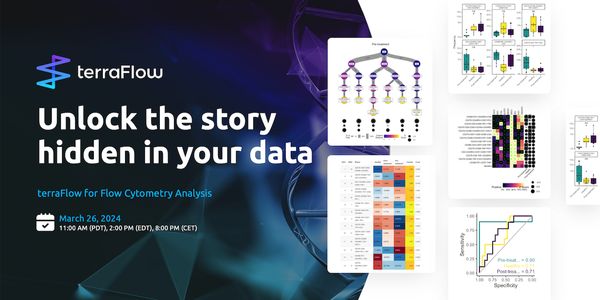Biomarkers, Cognition and Cognitive Reserve in Alzheimers Disease
-
Prashanthi Vemuri, PhD
Assistant Professor at the Aging and Dementia Imaging Laboratory, Department of Radiology, Mayo ClinicBIOGRAPHY
Late onset dementia is usually a multi-factorial disease wherein cumulative pathological brain insults (of more than one pathology) results in progressive cognitive decline which ultimately leads to impairment in ones ability to function at work and/or perform usual activities/tasks. Until recently, postmortem examination has been the only way to accurately determine the underlying pathology that led to dementia. However with the recent emergence of advanced imaging technologies, imaging indicators of disease that closely reflect the underlying pathology have been found to be very useful in aiding the prediction of the underlying dementia pathology. In the first part of the talk, we will discuss how different biomarkers could be used to measure different aspects of Alzheimers disease (AD) pathology, a leading cause of dementia and how they can aid in answering several important questions about the disease processes. In the second part of the talk, we will talk about the concept of cognitive reserve (CR) and how it may aid in delaying the onset of dementia. CR is the term often used to explain why about 30% of cognitively normal subjects with AD pathology do not show any cognitive symptoms. Our recent studies have shown that even though CR does not appear to impact the degree of pathological deposition in the brain but it has an independent effect on cognitive performance wherein subjects with higher reserve have a greater capacity to cope with pathological insults and these individual differences in reserve mechanisms help explain why cognitive decline may be initiated at different times in relation to the onset of pathology. Learning Objectives: 1) Discuss how the role of biomarkers in Alzheimers disease 2) Describe the concept of cognitive reserve and explain the mechanisms through which it delays the onset of Alzheimers disease
Biomarkers, Cognition and Cognitive Reserve in Alzheimers Disease
Please update your information
Certificate of Attendance
DOWNLOAD CERTIFICATE
Finish Registering
-
APR 30, 2024Immuno-Oncology Virtual Event Series 2024
-
MAY 07, 20243rd International Biosecurity Virtual Symposium
-
SEP 03, 2024Microbiology Week Virtual Event Series 2024
- See More
-
APR 17, 2024
- See More












































